- Home
-
My Models
-
AV History
- Airline History Blog
-
Airline Development
>
-
Liveries
>
- Aeroméxico Liveries
- Air China Special Liveries
- American Airlines Liveries
- British Airways Liveries
- Continental Airlines Liveries
- Delta Air Lines Liveries
- Eastern Air Lines Liveries
- Landor Liveries
- National Airlines Liveries
- Northeast Airlines Liveries
- Northwest Airlines Liveries
- Pan Am Liveries
- Trans World Airlines Liveries
- United Airlines Liveries
- Western Airlines Liveries
- Airbus A380s >
- Boeing 747 >
- Real Airport Histories >
- Plane Spotting >
- Aviation Stickers >
-
1:400 SCALE
- Collecting 1:400 Scale >
- The History of 1:400 Scale >
-
1:400 Brands
>
- Aeroclassics >
- Airshop Diecast
- AURORA Models
- Aviation400 (2007-2012)
- Big Bird 400 Your Craftsman
- Black Box Models
- Blue Box & Magic Models
- C Models
- Dragon Wings
- El Aviador 400
- Gemini Jets >
- JAL Collection / Jet Hut >
- Jet-X >
- MP4 Models
- NG Models >
- Panda Models >
- Phoenix Models >
- Seattle Models Co (SMA)
- Skyjets400
- Sovereign Models
- TucanoLine
- Witty Wings / Apollo
- Yu ModeLs
- 1:400 Custom Models >
- Production Numbers
- Zinc Rot
-
1:400 Moulds
- The Best Moulds >
- Airbus >
-
Boeing
>
- Boeing B-377 Stratocruiser
- Short Boeing 707s & 720s
- Boeing 707-320/420
- Boeing 717
- Boeing 727-100
- Boeing 727-200
- Boeing 737-100/200
- Boeing 737-300 >
- Boeing 737-400
- Boeing 737-500
- Boeing 737-600
- Boeing 737-700/800/900 >
- Boeing 737 MAX
- Boeing 747-100/200 >
- Boeing 747-400 >
- Boeing 747SP
- Boeing 747-8 Interactive
- Boeing 747LCF Dreamlifter
- Boeing 757-200 >
- Boeing 757-300
- Boeing 767-200
- Boeing 767-300
- Boeing 777-200
- Boeing 777-300
- Boeing 787
- British >
- Douglas >
- Lockheed >
- Other >
- Chinese >
- Soviet >
- Smallest Moulds in 1:400
-
1:400 Reviews
-
Model News
- Model Blog
-
New Mould Samples
>
- Aviation400 >
- JC Wings >
-
NG Models 400 Scale
>
- Airbus A318
- Airbus A319/320 CEO
- Airbus A319/320 NEO
- Airbus A321CEO & NEO
- Airbus A330-200/300
- Airbus A330 Beluga XL
- Airbus A330-800/900
- Airbus A340-200/300
- Airbus A350-900
- Airbus A350-1000
- Boeing 737-600/700/900
- Boeing 737-600 Refresh
- Boeing 737-800
- Boeing 737 MAX-8/MAX-9
- Boeing 737 MAX-7/MAX-10
- Boeing 747-100
- Boeing 747-200
- Boeing 747-400
- Boeing B747SP
- Boeing 747-8I
- Boeing 747-8F
- NG 747s Together
- Boeing 757-300
- Boeing 767-200/300 >
- Boeing 767-400 >
- Boeing 777-200
- Boeing 777-300/300ER
- Boeing 787-8
- Lockheed L-1011 Tristar
- Lockeed Tristar 500
- McDonnell Douglas MD-80
- McDonnell Douglas MD-87
- Tupolev Tu-154
- Tupolev Tu-204/Tu-214/Tu-234
- NG Models 200 Scale >
- Phoenix Models >
- Yu ModeL >
-
1:600 SCALE
- DIORAMAS
Small air-taxi operations had been growing steadily since the local service airlines began to pull out of smaller towns but it was Leslie Barnes of Allegheny who saw the potential for something new - indeed his idea was so far ahead of its time that it wasn't until the 1980s that it was copied on a large-scale to create the branded regional airlines tied to the majors that are so common today.
Allegheny began to forge links with small commuter operators creating the first code-shares. The commuters used Allegheny's reservations network and guaranteed a level of service to points within Allegheny's system whilst receiving monthly payments from Allegheny. The first airline to be signed up was Henson Aviation of Hagerstown, Maryland in August 1967. They were followed by Pocono Airlines of Mount Pocono in 1968, Vercoa Air Services (later Britt Airways) of Danville in 1968, Galion Commuter Services (later Fischer Bros) of Galion in 1969, Crown Air of Du Bois, Air East of Johnstown and Ransome Airlines of Philadelphia by 1970. Not only did the commuters operate for Allegheny but they also took up an Allegheny Commuter branding.
Allegheny's Commuter network continued to expand in the 1970s as indeed did Allegheny itself with the takeover of Mohawk Airlines. It wasn't until 1968 that the FAA began to regulate safety at the commuters and even when it did their accident rates remained five times higher than the larger carriers. A fatal crash of an Air East Beech 99 in January 1974 saw the FAA revoke that carrier's license, however plenty of other commuters joined the network. These included Suburban Airlines in 1973, Pennsylvania Commuter Airlines in April 1974 and Chautauqua Airlines in August 1974.
As the Allegheny Commuter network grew its fleet began to grow in number and size as Beech 99s and DHC-6s gave way to larger types. Naturally the Shorts 330 and 360 would prove useful to the USA's most mature commuter network as the 1980s loomed and deregulation changed the US marketplace almost entirely. Here's a snapshot of the Shorts with Allegheny Commuter and its later USAir Express incarnations:
Allegheny Commuter Shorts SD-360-100
Registration N360SA CN SH3601 Delivery Date 11/11/82 Sale Date 08/94 Suburban Airlines was one of many commuters with a substantial history prior to deregulation. It could trace its history back to Reading Aviation Service of 1957 vintage, which operated third level services out of Reading in the northeast of the USA. It became Suburban in 1968 and joined the pioneering Allegheny Commuter network in 1973. By 1980 all services operated under the Allegheny Commuter brand and six years later it was acquired by USAir. In 1989 it officially became Allegheny Commuter.
The airline had operated four Shorts 330s since 1979 (which replaced most of the DHC-6s and the single C-99) and in 1982 it became the launch customer for the Shorts 360. Only two were operated until the early 90s when the fleet had grown to 15 Shorts following the amalgamation of it with Pennsylvania Commuter Airlines. By then DHC-8s had also begun to join the fleet and over 50 would be operated replacing the Shorts which left the fleet by 1995, the year the airline's name would be shortened to just Allegheny Airlines. N360SA was the Shorts 360 prototype, G-WIDE, prior to joining Suburban new in late 1982. In August 1994 she joined Mesa Airlines and in December 1997 she joined Air Cargo Carriers.
CC Air / USAir Express Shorts SD-360-300
Registration N742CC CN SH3742 Delivery Date 11/90 Sale Date 12/97 CC Air or 'Carolina Commuter' was renamed from Sunbird Airlines, which started operations in 1979, in 1986. The initial fleet were Cessnas followed by Beech 99s and in October 1984 a single Short 330. It became a major partner of Piedmont and then US Air from their Charlotte hub taking on over 40 Jetstream 31s.
Two further Short 330s were leased in 1985 and these were gradually replaced by larger 360s from 1989 when 15 were delivered. CC Air struggled with the US Air arrangement and in fact had to go into bankruptcy protection in 1990, but was able to successfully exit and carry on its US Air affiliation. The airline replaced its Shorts with DHC-8s in the late 90s and was sold to the Mesa Air Group in 1999. They attempted to lower costs which caused workforce strife which resulted in CC Air being closed down in 2002. This aircraft had joined Business Express in February 1989, but was leased to CC Air the next year and stayed with them until late 1997. Converted to a cargo carrier it was sold in April 1999 to Empire Airlines who operated for FedEx. In November 1989 it moved to Germany with Express Airlines as D-CFXH. Returned to the US register in 2002 it joined Corporate Air in August 2004 and Air Cargo Carriers in November 2005 with whom it still operates.
Several other Allegheny Commuter partners also operated the boxy sheds including Henson Aviation which received 4 Short 330s in 1977 and had 9 by 1988. Chautauqua Airlines also received a pair of Short 330s, in 1979. They were replaced by new Saab 340s in late 1988. Pennsylvania Commuter got its Shorts 330s from 1980 followed by 360s from 1984 and they were still the mainstay of the fleet when the carrier was merged with Suburban. Crown Airways was still operating 3 Short 330s and 2 Short 360s in 1995. Clearly the Shorts were a transitional type but they enabled the US commuters to cement their place in the US traveller's conscience and helped make the dream of centralised commuter networks feeding the major's hubs a reality.
References Trimble, William F. High Frontier: A History of Aeronautics in Pennsylvania
3 Comments
John Car
31/12/2016 11:44:24 pm
I am looking for high res photos of Suburban Airlines shorts 330 and 360 aircraft and also after merger Piedmont and USair aircraft. I want to print poster size prints for my home and office. Thank you
Reply
RStretton
31/12/2016 11:50:56 pm
I'd suggest using airliners.net and trying to buy some prints from the photographers on there
Reply
15/4/2020 03:10:06 am
I read your article with great interest as I used to work for Pennsylvania Airlines. I noticed that it mentioned PCA was merged with Suburban, indicating the Suburban carrier as the surviving name/certificate, it was actually Suburban which was merged into Pennsylvania Airlines. Just wanted to let you know.
Reply
Leave a Reply. |
AuthorI'm Richard Stretton: a fan of classic airliners and airlines who enjoys exploring their history through my collection of die-cast airliners. If you enjoy the site please donate whatever you can to help keep it running: Archives
July 2024
Categories
All
|
- Home
-
My Models
-
AV History
- Airline History Blog
-
Airline Development
>
-
Liveries
>
- Aeroméxico Liveries
- Air China Special Liveries
- American Airlines Liveries
- British Airways Liveries
- Continental Airlines Liveries
- Delta Air Lines Liveries
- Eastern Air Lines Liveries
- Landor Liveries
- National Airlines Liveries
- Northeast Airlines Liveries
- Northwest Airlines Liveries
- Pan Am Liveries
- Trans World Airlines Liveries
- United Airlines Liveries
- Western Airlines Liveries
- Airbus A380s >
- Boeing 747 >
- Real Airport Histories >
- Plane Spotting >
- Aviation Stickers >
-
1:400 SCALE
- Collecting 1:400 Scale >
- The History of 1:400 Scale >
-
1:400 Brands
>
- Aeroclassics >
- Airshop Diecast
- AURORA Models
- Aviation400 (2007-2012)
- Big Bird 400 Your Craftsman
- Black Box Models
- Blue Box & Magic Models
- C Models
- Dragon Wings
- El Aviador 400
- Gemini Jets >
- JAL Collection / Jet Hut >
- Jet-X >
- MP4 Models
- NG Models >
- Panda Models >
- Phoenix Models >
- Seattle Models Co (SMA)
- Skyjets400
- Sovereign Models
- TucanoLine
- Witty Wings / Apollo
- Yu ModeLs
- 1:400 Custom Models >
- Production Numbers
- Zinc Rot
-
1:400 Moulds
- The Best Moulds >
- Airbus >
-
Boeing
>
- Boeing B-377 Stratocruiser
- Short Boeing 707s & 720s
- Boeing 707-320/420
- Boeing 717
- Boeing 727-100
- Boeing 727-200
- Boeing 737-100/200
- Boeing 737-300 >
- Boeing 737-400
- Boeing 737-500
- Boeing 737-600
- Boeing 737-700/800/900 >
- Boeing 737 MAX
- Boeing 747-100/200 >
- Boeing 747-400 >
- Boeing 747SP
- Boeing 747-8 Interactive
- Boeing 747LCF Dreamlifter
- Boeing 757-200 >
- Boeing 757-300
- Boeing 767-200
- Boeing 767-300
- Boeing 777-200
- Boeing 777-300
- Boeing 787
- British >
- Douglas >
- Lockheed >
- Other >
- Chinese >
- Soviet >
- Smallest Moulds in 1:400
-
1:400 Reviews
-
Model News
- Model Blog
-
New Mould Samples
>
- Aviation400 >
- JC Wings >
-
NG Models 400 Scale
>
- Airbus A318
- Airbus A319/320 CEO
- Airbus A319/320 NEO
- Airbus A321CEO & NEO
- Airbus A330-200/300
- Airbus A330 Beluga XL
- Airbus A330-800/900
- Airbus A340-200/300
- Airbus A350-900
- Airbus A350-1000
- Boeing 737-600/700/900
- Boeing 737-600 Refresh
- Boeing 737-800
- Boeing 737 MAX-8/MAX-9
- Boeing 737 MAX-7/MAX-10
- Boeing 747-100
- Boeing 747-200
- Boeing 747-400
- Boeing B747SP
- Boeing 747-8I
- Boeing 747-8F
- NG 747s Together
- Boeing 757-300
- Boeing 767-200/300 >
- Boeing 767-400 >
- Boeing 777-200
- Boeing 777-300/300ER
- Boeing 787-8
- Lockheed L-1011 Tristar
- Lockeed Tristar 500
- McDonnell Douglas MD-80
- McDonnell Douglas MD-87
- Tupolev Tu-154
- Tupolev Tu-204/Tu-214/Tu-234
- NG Models 200 Scale >
- Phoenix Models >
- Yu ModeL >
-
1:600 SCALE
- DIORAMAS

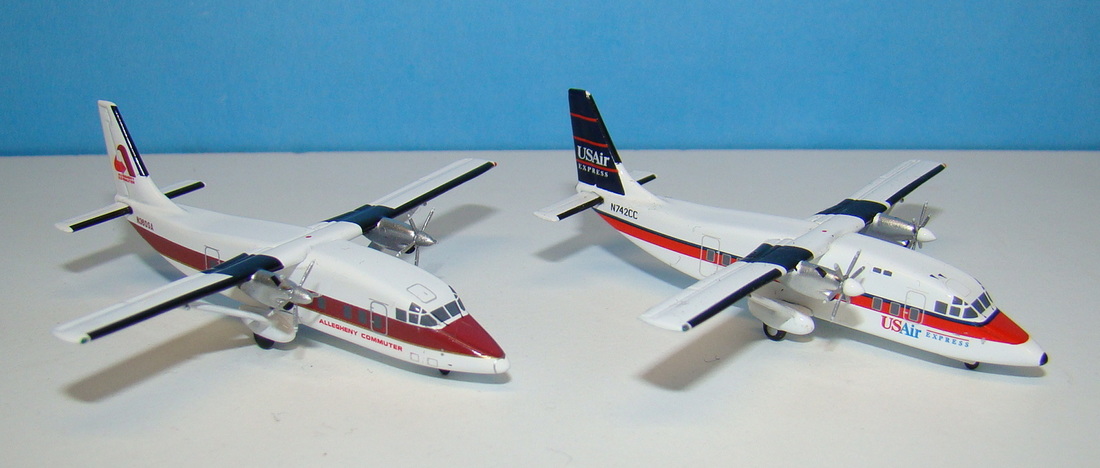
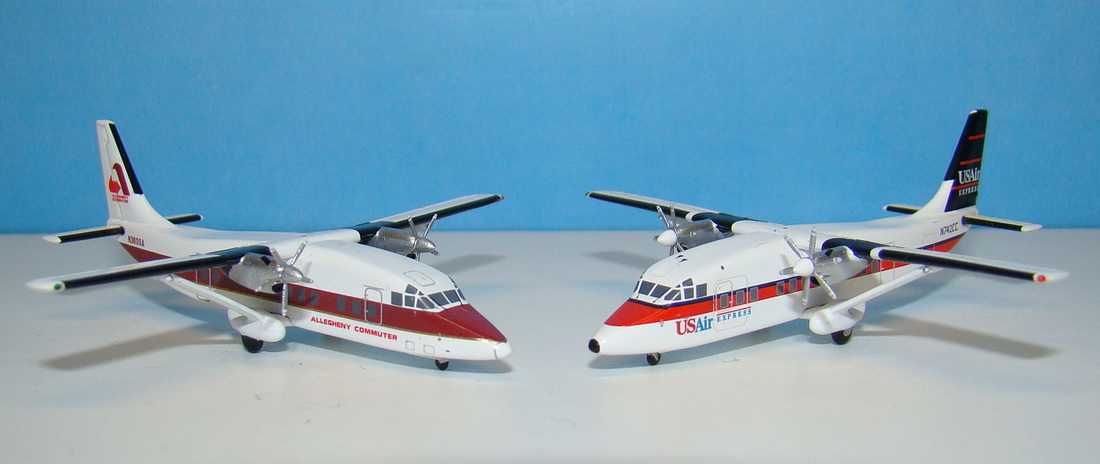
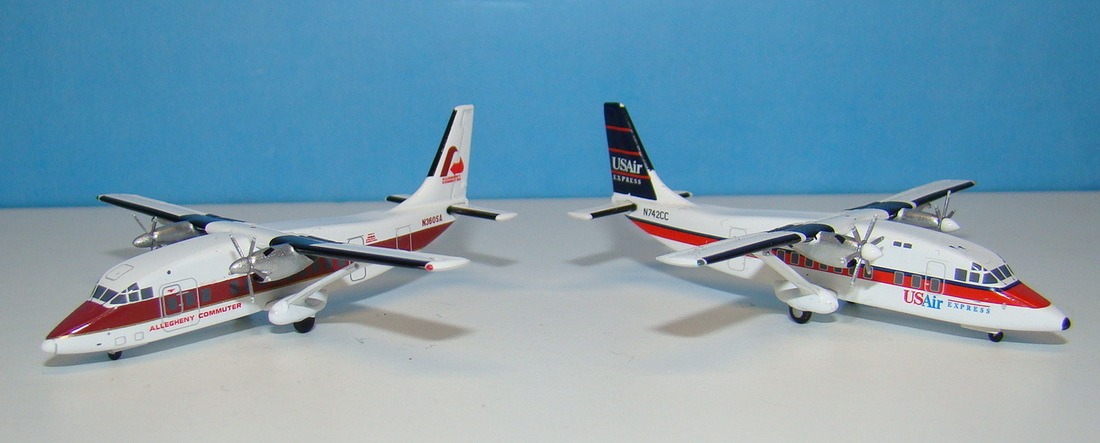
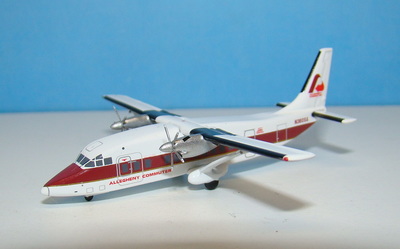
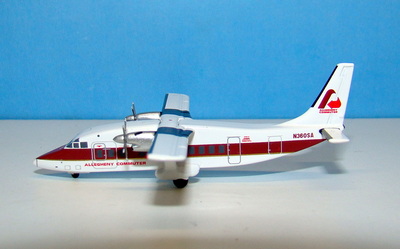
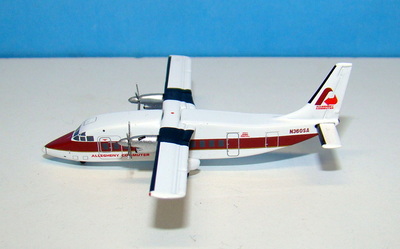
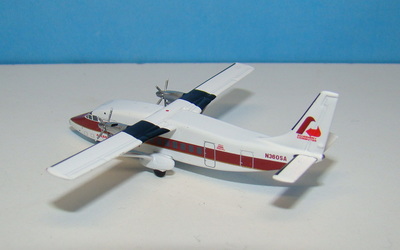
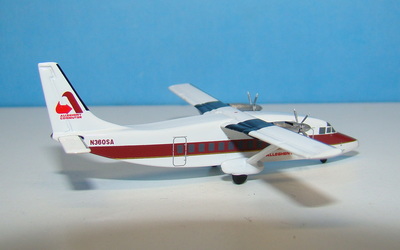
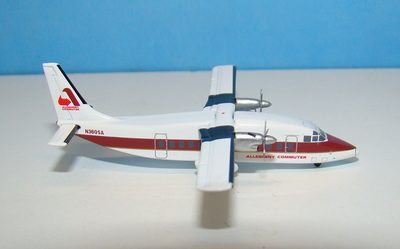
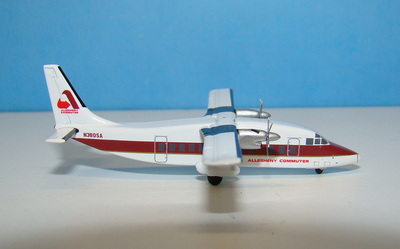
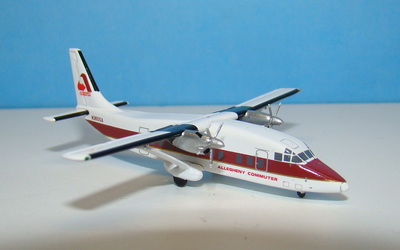
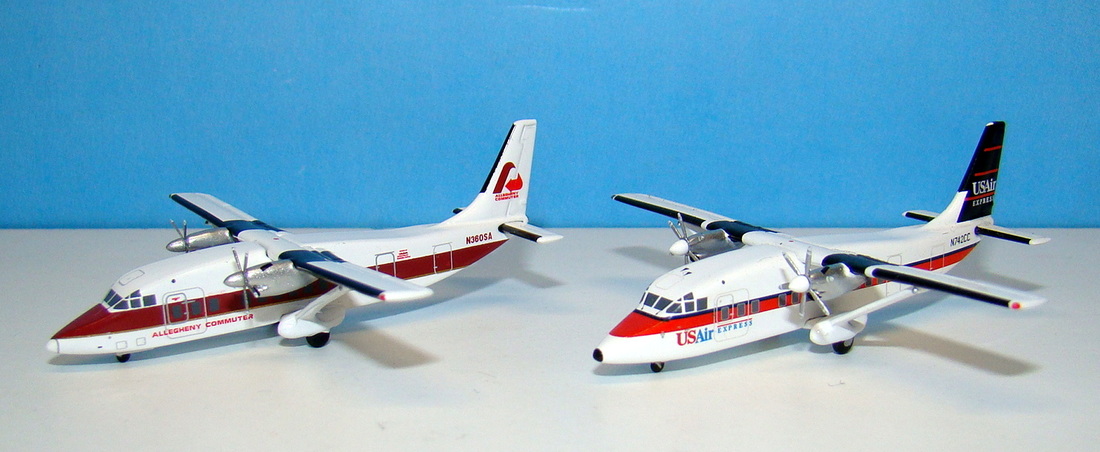
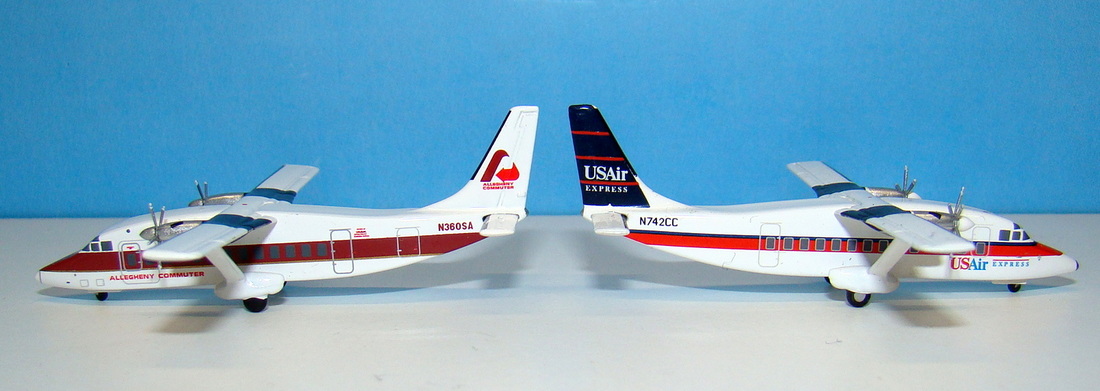
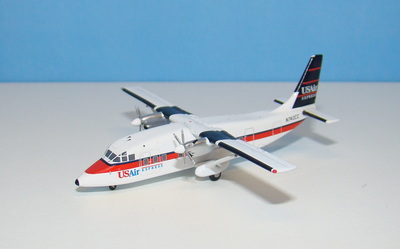
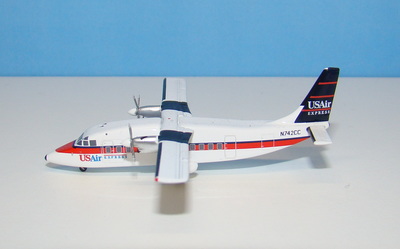
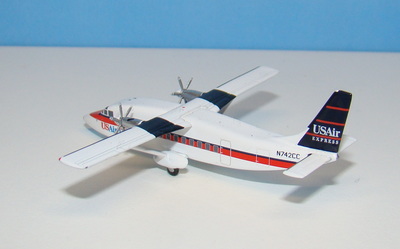
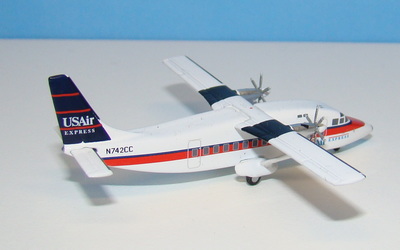
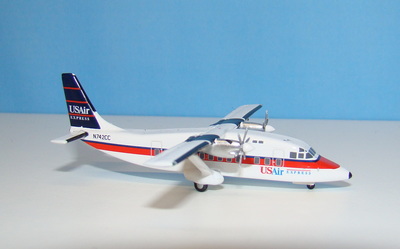
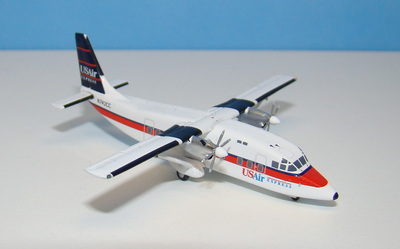
 RSS Feed
RSS Feed